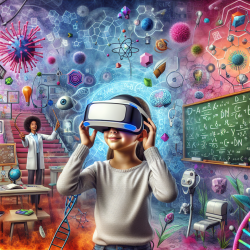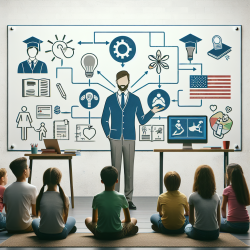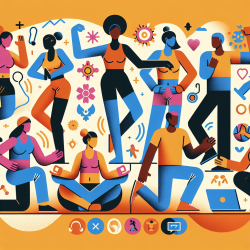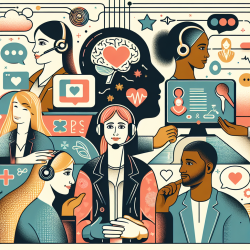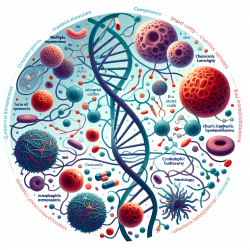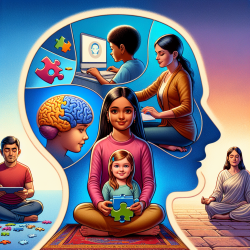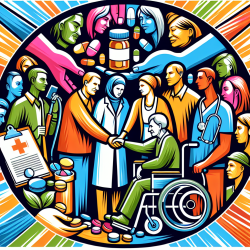Revolutionizing Learning with Virtual Reality: A Game-Changer for Child Development
In the ever-evolving landscape of education, leveraging technology to enhance learning outcomes is no longer optional—it's essential. A recent study titled An Examination of the Effects of Virtual Reality Training on Spatial Visualization and Transfer of Learning sheds light on how virtual reality (VR) can be a powerful tool in enhancing spatial visualization skills, which are crucial for academic success in STEM fields.
Why Spatial Visualization Matters
Spatial visualization ability (SVA) is a key predictor of success in Science, Technology, Engineering, and Mathematics (STEM) disciplines. It involves the capacity to manipulate complex spatial information, a skill integral to problem-solving and critical thinking. The study highlights that VR training significantly impacts the development of these skills, offering a more immersive and engaging learning experience than traditional methods.
Key Findings from the Study
The study conducted with first-year biomedical engineering students revealed significant improvements in spatial visualization skills through VR training. Here are some of the notable findings:
- Participants showed significant improvements in task performance, as indicated by reduced time spent on tasks and enhanced mental workload efficiency.
- The use of VR led to significant changes in oxygenated hemoglobin measures in the prefrontal cortex, indicating enhanced cognitive engagement.
- Transfer of learning was notably improved, suggesting that skills acquired in VR environments can be applied to real-world scenarios.
Implications for Practitioners
For speech-language pathologists and educators, these findings underscore the potential of VR as a tool for enhancing cognitive skills in children. Implementing VR-based training can foster critical thinking and problem-solving abilities, crucial for academic and life success. Here’s how practitioners can integrate these insights into their practice:
- Incorporate VR in Therapy Sessions: Use VR applications that focus on spatial tasks to engage children in a fun and interactive way, promoting skill development.
- Customize Learning Experiences: Tailor VR activities to meet the individual needs of each child, ensuring that the level of difficulty is appropriate and challenging.
- Monitor Progress: Use data-driven approaches to track improvements in spatial skills and adjust the VR training accordingly.
Encouraging Further Research
While the study provides promising insights, further research is needed to explore the long-term effects of VR training on spatial skills and its application across different age groups and learning environments. Practitioners are encouraged to contribute to this growing field by conducting their own research and sharing findings with the educational community.
To read the original research paper, please follow this link: An Examination of the Effects of Virtual Reality Training on Spatial Visualization and Transfer of Learning.
